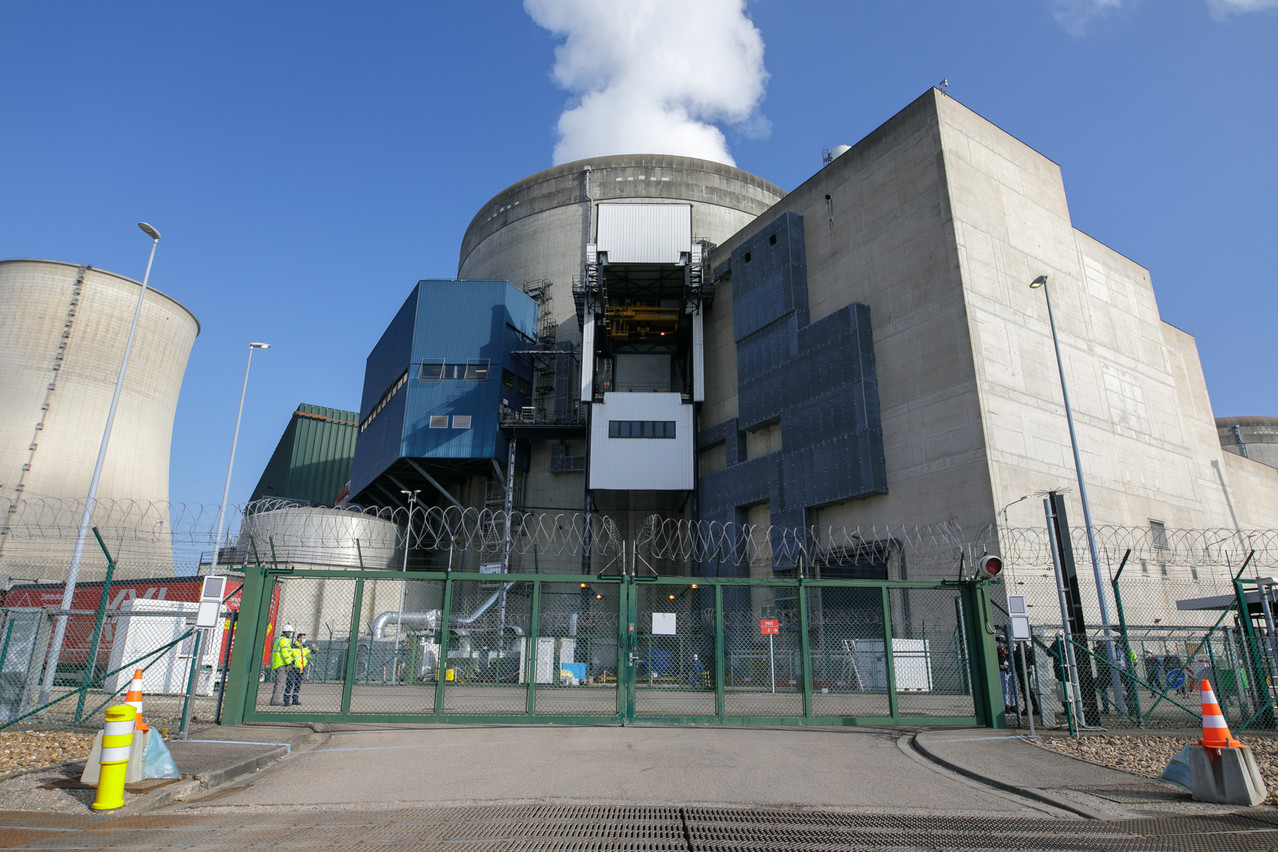The Luxembourg government had called for a meeting with Cattenom management after a union source had told energy market news site Montel Online that corrosion had been found at the plant just across the border from the grand duchy.
The reactor was shut down in March for inspections after corrosion was reported at other power plants in France dating from the same era.
EDF in a statement published online said “signs have been detected” during ultrasound imaging at Cattenom’s n°3 reactor, as well as the B3 reactor at Chinon and Flamanville 2. “Investigations are continuing to characterise the nature and origin,” EDF said.
Already in October last year, the EDF detected possible corrosion at three plants--Civaux, Chooz and Penly. The reactors at Cattenom are of the same generation as those in Penly. France’s nuclear authority (ASN) described the suspected corrosion as “serious”.
Environment minister Carole Dieschbourg and energy minister Claude Turmes (both déi Gréng) on 14 April said they had demanded full details and results of the analysis carried out as soon as possible. The ministers said in a press release that they would like to know if there is a material or design defect and what the consequences will be for the Cattenom site.
EDF last week would not confirm the Montel News report. “The production unit number 3 of the Cattenom power plant has been shut down since 26 March in order to carry out preventive controls as is the case for other reactors in the nuclear reactor fleet,” a spokesperson told Delano’s sister publication Paperjam, adding that these checks would take time.
“We are in permanent contact with the nuclear safety authority,” they said, with “no announcement to be made for the moment.”
Luxembourg has long pushed for the closure of Cattenom, even though it sources 10% of electricity from nuclear sources and invests in EDF through its national pension fund.
Cattenom’s reactors went into service between 1986 and 1991, meaning they should be shut off between 2026 and 2031. But operator EDF has launched a procedure to extend Cattenom’s lifespan until at least 2035, which Luxembourg opposes.
Corrosion was also found at reactor 1 in Golfech during regular checks, EDF said in its statement.
Luxembourg is pushing France to carry out checks on all reactors as soon as possible, after a national radiation protection unit concluded that the corrosion fears are “a serious problem that requires thorough analysis to understand the origin and to evaluate if other reactors could also be affected.”
